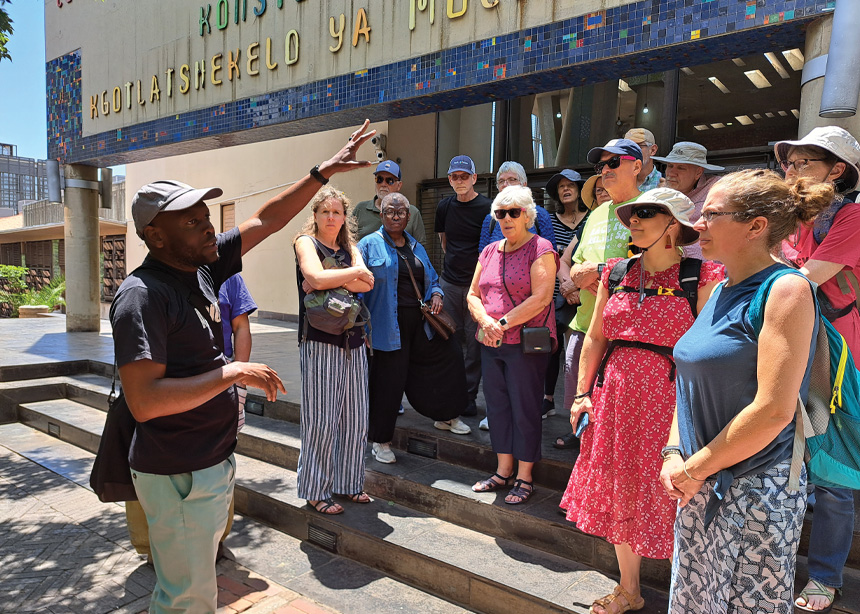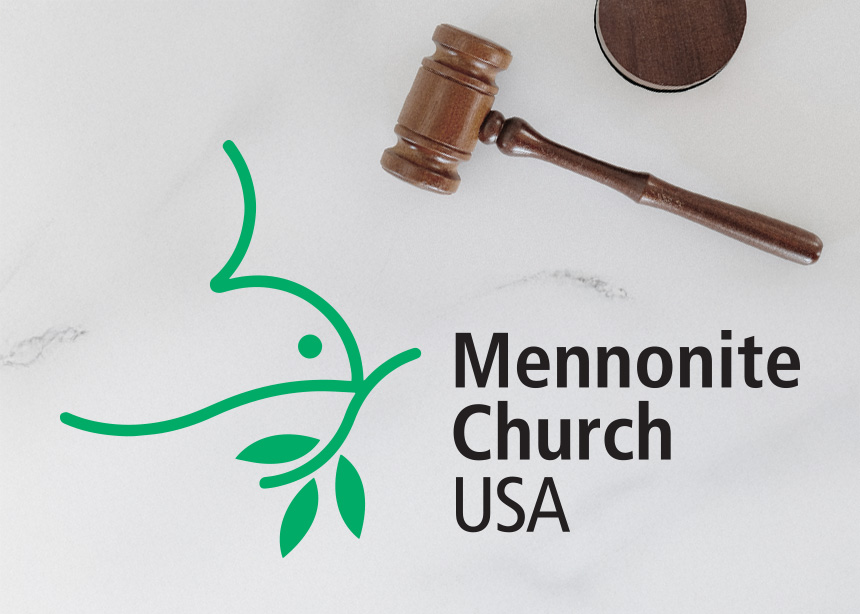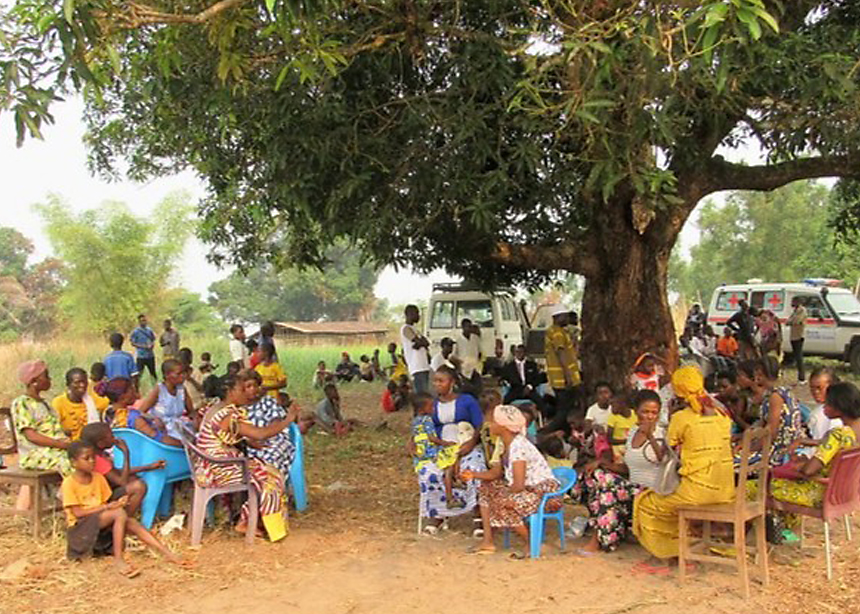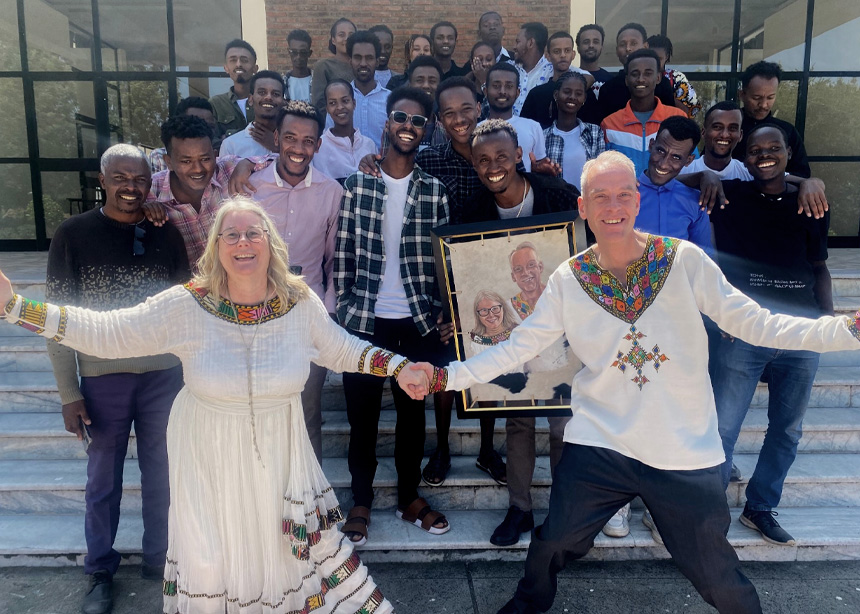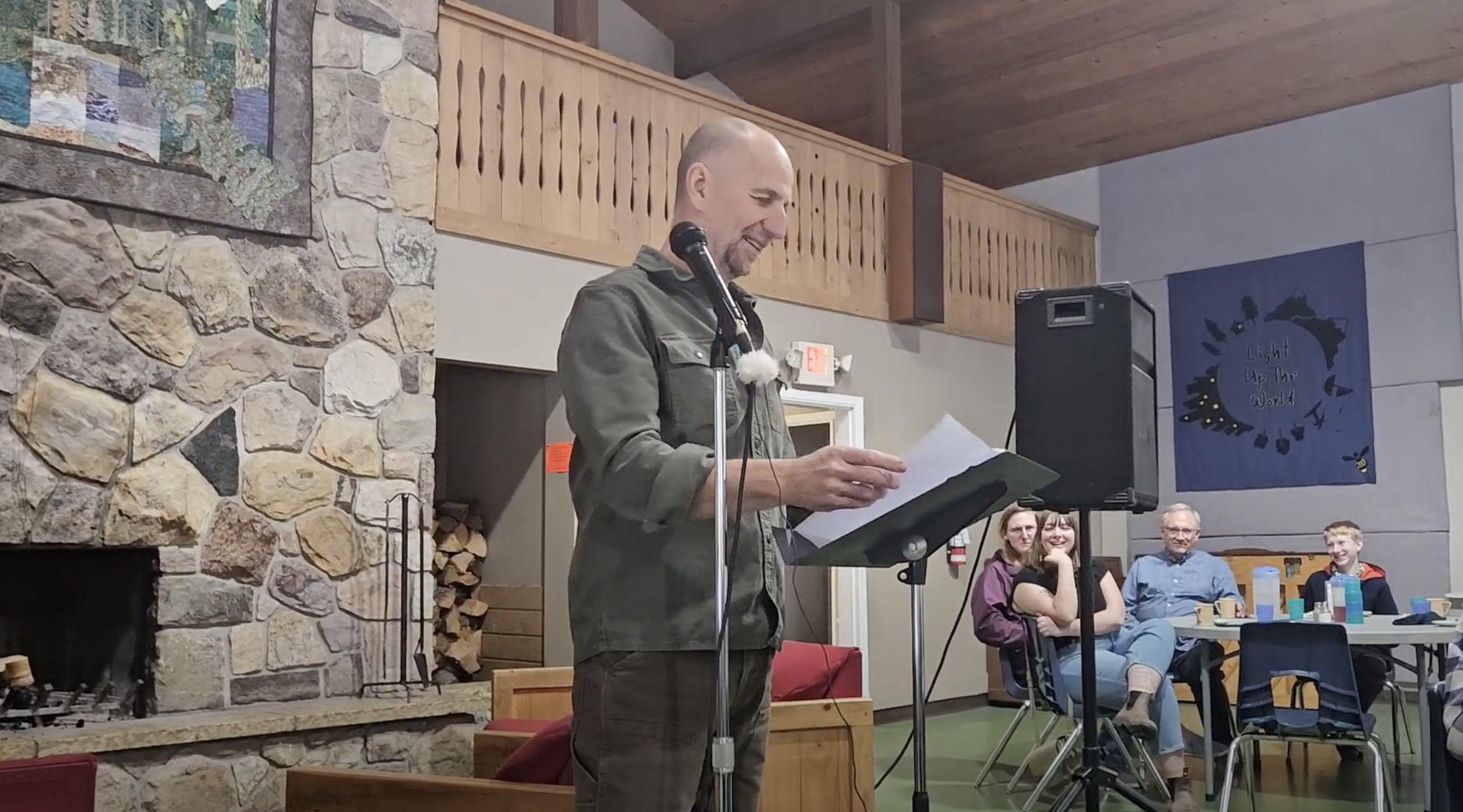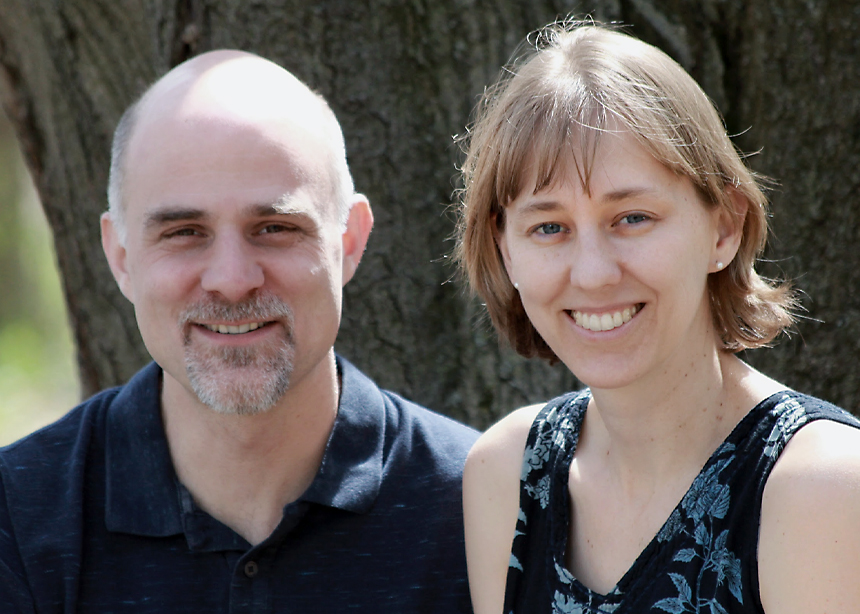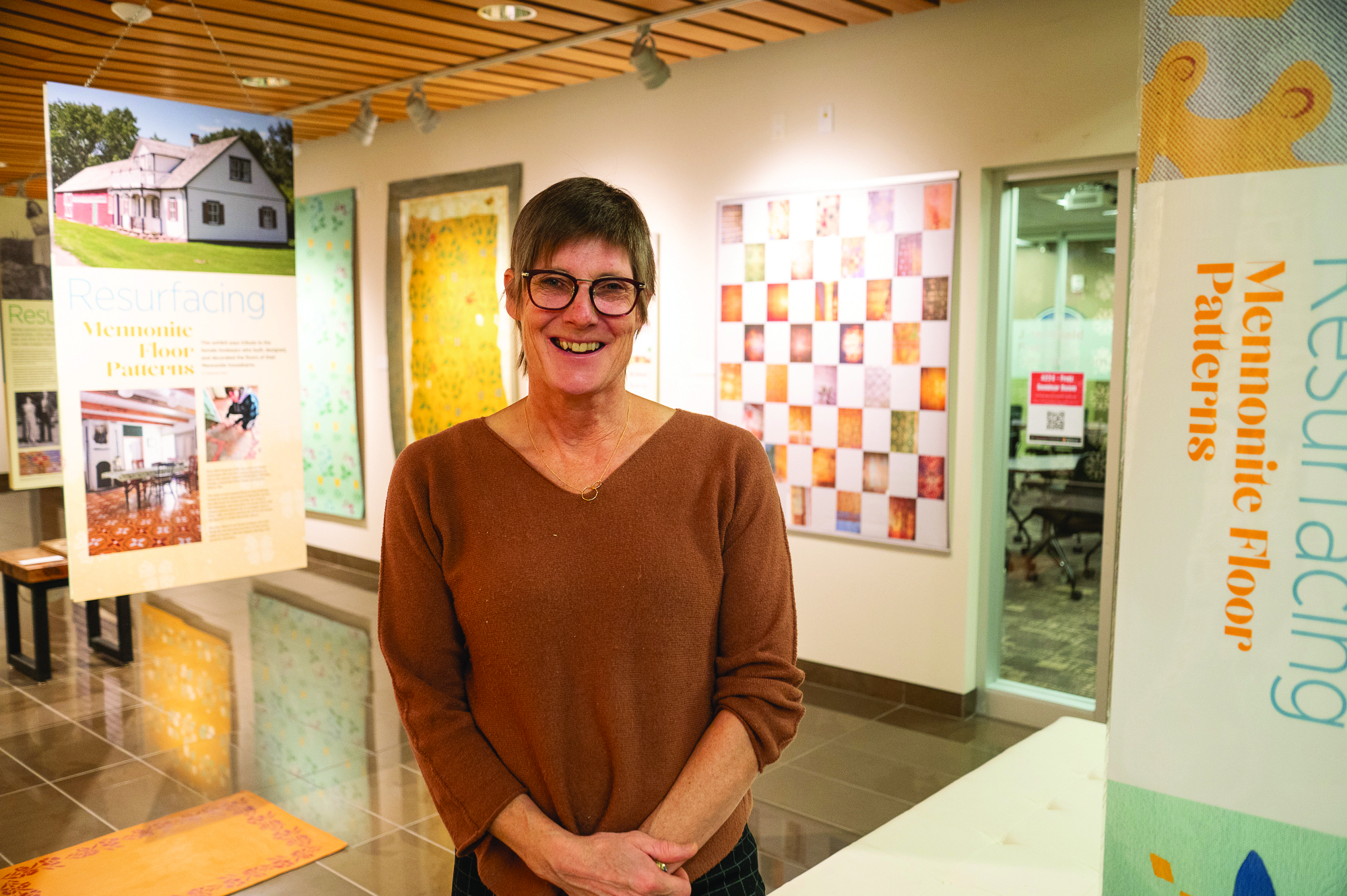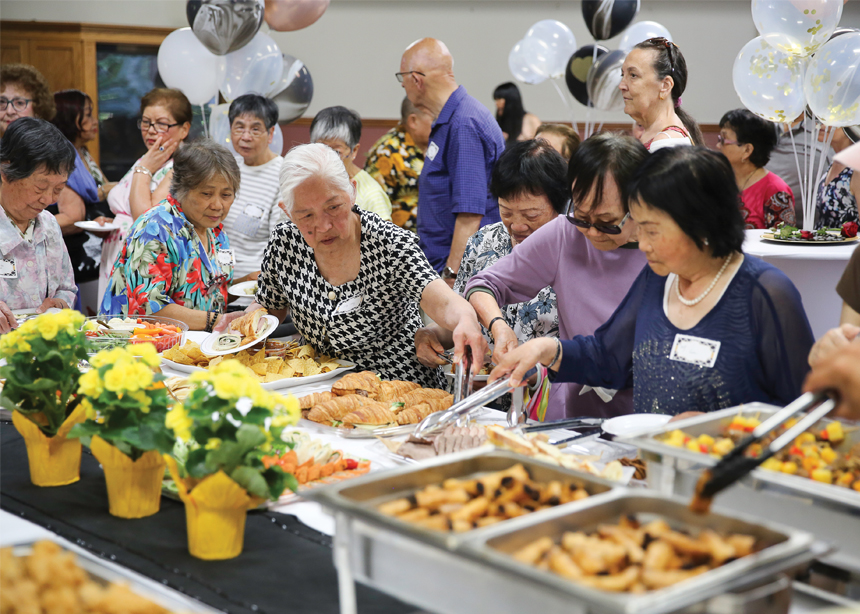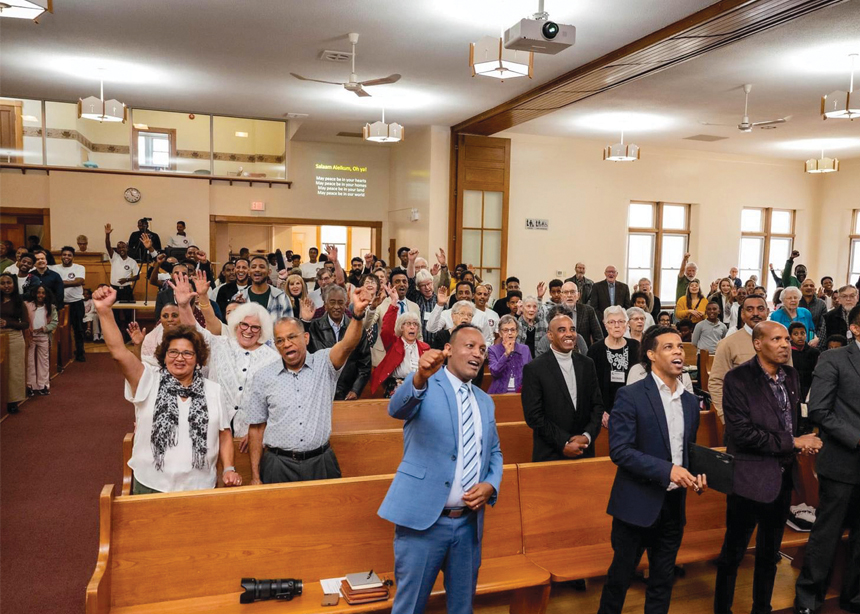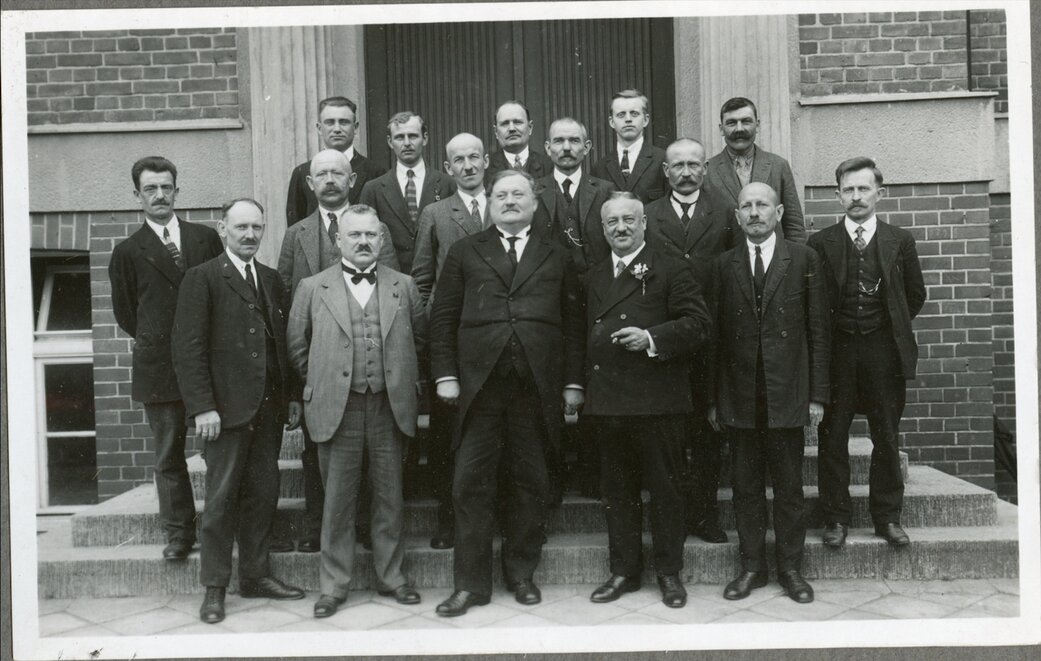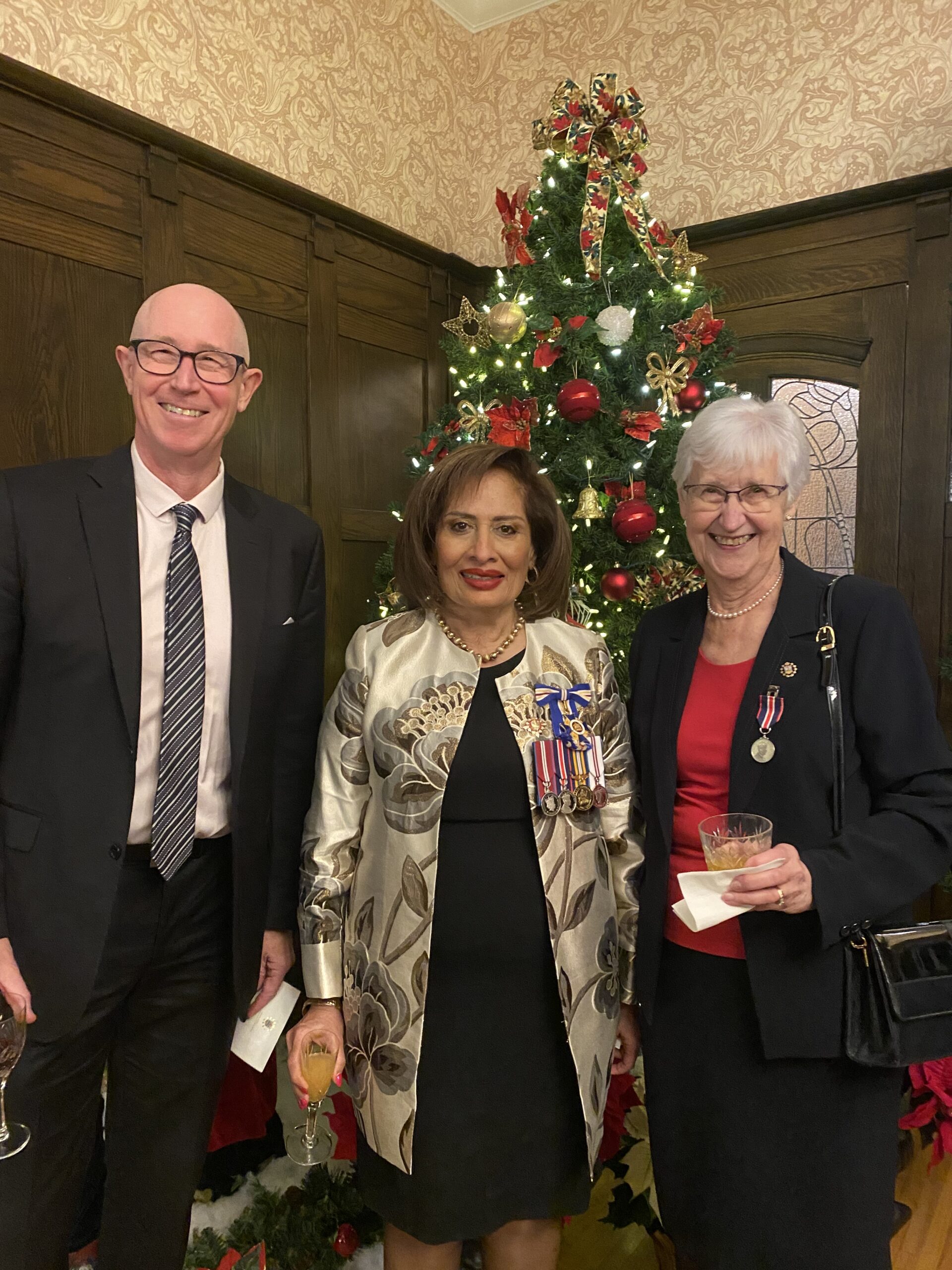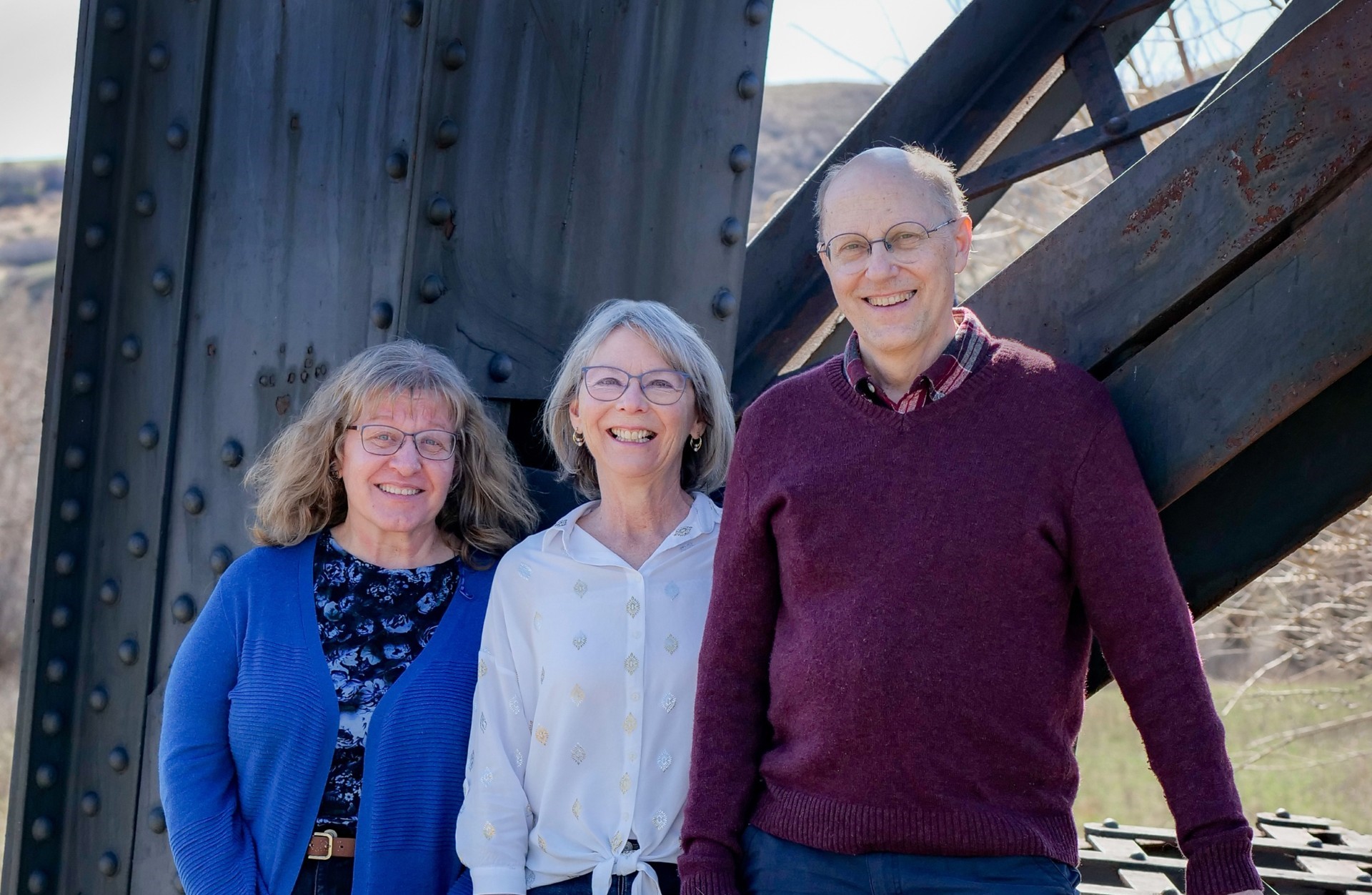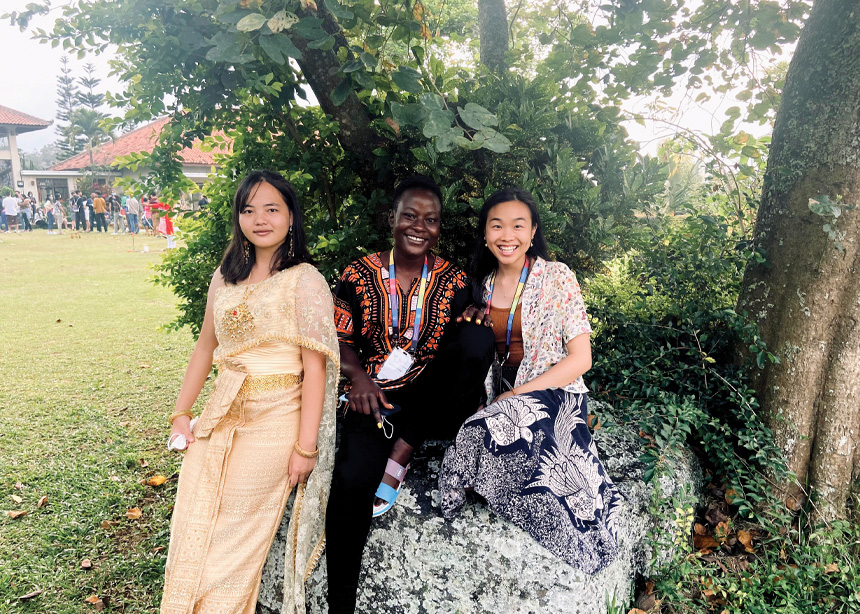-
Sitting in the struggle
Categories: NewsTany Warkentin’s experience on a recent learning pilgrimage in South Africa has inspired her to deepen the connections and relationships she’s forming in her own life and work. “I don’t…
-
MCC opens cannery
Categories: NewsDylan Yantzi can’t wait to start canning. He is the newly minted meat cannery manager at Mennonite Central Committee Ontario (MCCO), and his enthusiasm for the work ahead was palpable…
-
Mennonite Church USA joins multifaith coalition
WASHINGTON, DC – The Institute for Constitutional Advocacy and Protection (ICAP) at Georgetown Law has filed a lawsuit on behalf of over two dozen Christian and Jewish religious denominations and…
-
Fired couple reach agreement with MCC
Mennonite Central Committee (MCC) has reached a financial settlement with John Clarke and Anicka Fast who were terminated in August 2023. MCC will pay the couple $180,000 in exchange for…
-
Celebrating 500 across Canada
While there have been no reports of baptisms taking place in Canadian Mennonite churches on January 21—the 500th anniversary of the first Anabaptist baptisms—Mennonites across the country marked the start…
-
A pastoral letter for Anabaptist-Mennonites in DR Congo
Beloved brothers and sisters, We received a request for prayer from our leaders in DR Congo. Pastor Jean-Pierre Muya, president of MWC member church Communauté Mennonite de Congo (CMCo), writes:…
-
De Jongs complete term in Ethiopia, move to Kenya
When asked what they’ve learned from their time working at Meserete Kristos Seminary in Bishoftu, Ethiopia, Joanne and Werner De Jong say it’s more about their own transformation. The couple…
-
Jeff Schellenberg steps down after 28 years at Valaqua
Jeff Schellenberg can attest to the magic effect that Camp Valaqua has on people. After 28 years of living and working on and near Valaqua land, it’s home. “[When this…
-
MCC meat cannery grand opening
On January 18, 2025, over 700 people gathered at the MCC Hub in New Hamburg to celebrate the grand opening of the new MCC Meat Cannery. This 10,000-square-foot facility is…
-
MCC investigation finds harassment by senior personnel
An investigation commissioned by Mennonite Central Committee (MCC) in response to complaints put forward by John Clarke and Anicka Fast, who were abruptly terminated in August 2023, found that “MCC processes…
-
Floored by historic beauty
On November 8, the “Resurfacing: Mennonite Floor Patterns” exhibit launched at the Conrad Grebel University College Gallery in Waterloo, Ontario. Guests engaged with Margruite Krahn (pictured), the Neubergthal, Manitoba, artist…
-
Menno Court celebrates 50th and looks to expand
Categories: NewsIn July, a 170-unit residential building serving low-income seniors in Vancouver celebrated its 50th anniversary. Menno Court was built in 1974 as a joint project of Mennonite Brethren and General…
-
Divine mandate to heal and reconcile
I am a Palestinian Christian—a Christian whose roots run deep in the Holy Land. My story is one of resilience and seeking peace in a land torn by ongoing conflict.…
-
Shalom and First Mennonite co-own church
Shalom Worship and Healing Center and First Mennonite Church entered a new covenant this past fall as co-owners of the facility and property at 800 King Street East in Kitchener,…
-
Irene Baergen honoured for work with newcomers
On December 5, Irene Baergen of Edmonton First Mennonite Church received the King Charles III Coronation Medal at Government House in Edmonton for her years of volunteer service with Edmonton’s…
-
Irma Fast Dueck reflects on lectionaries, honesty and worship
As some churches within MC Canada and MC USA embrace the Narrative Lectionary, Canadian Mennonite caught up with Irma Fast Dueck to ask about the use of lectionaries in Mennonite…
-
Alberta writing team creates 2024 Advent resources
Seven people from three Mennonite Church Alberta churches pooled their creative talents to produce worship resources for this fall’s issue of Leader magazine. Leader magazine, a MennoMedia publication for MC…
-
MCEC reduces salary costs by 17 percent
Due to ongoing budgetary pressure, Mennonite Church Eastern Canada is making a 17-percent reduction in salary costs for the 2025–26 budget year. The leadership have made the difficult decision to…
-
Investment in youth summit pays off
Categories: NewsInvesting in young adults is a key way to move forward. Mennonite World Conference is the best way I can imagine to do that,” said Doug Klassen, executive minister of Mennonite Church Canada and the North…

